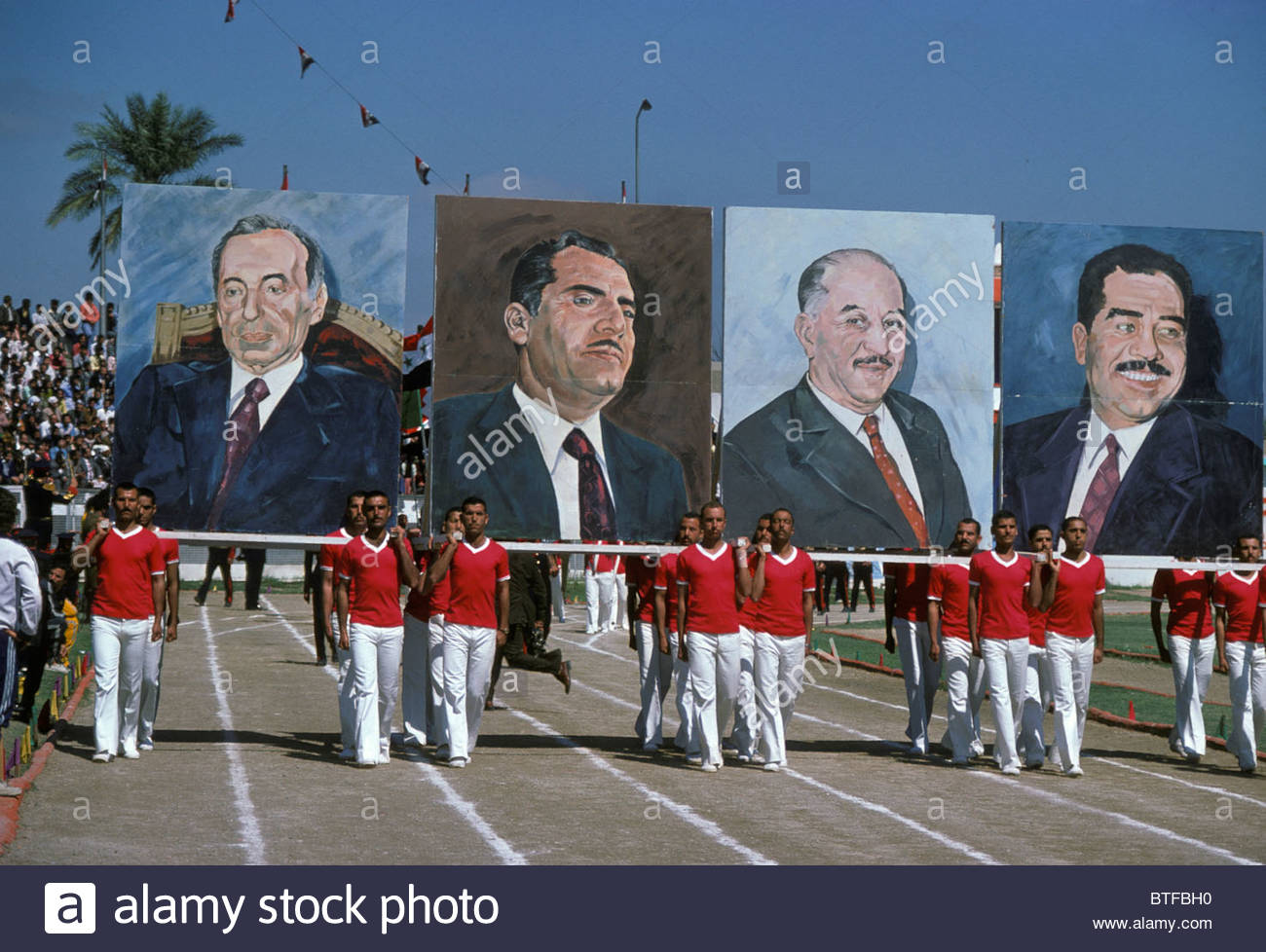A Dissertation submitted to the Faculty of the Graduate School of Arts and Sciences of Georgetown University in partial fulfillment of the requirements for the degree of Doctor of Philosophy in History
By Alissa Walter, M.A. Washington, DC
Thesis Advisor: Judith Tucker, Ph.D.
ABSTRACT
How did 50 years of oil wealth, non-democratic rule, wars, and sanctions shape state-society relations in the Iraqi capital city of Baghdad? This dissertation charts key trends in state-society dynamics during important periods of disruption: oil-fuelled modernization (1950-1979), the Iran-Iraq War and the Gulf War (1980-1991), and the period of international sanctions (1990-2003).
During these periods of change, I focus on specific points of interaction between the government and residents of Baghdad: the construction of new neighbourhoods through state-subsidized housing, citizen petitions sent to regime representatives, and food rations distributed during sanctions.
Drawing attention to the important role that ‘ordinary’ Baghdadis, including women and rural migrants, played in shaping the city and influencing the government, I show how residents of the capital advocated for their needs and, at times, challenged the authority of the regime. At the same
time, the regime’s governance strategies shaped how Baghdadis related to the government and one another. Four key conclusions emerge from this history of contentious interactions between state and society in modern Iraqi history: the continued importance of neighbourhoods as a political and social unit, the limitations of Saddam’s surveillance and influence over Baghdad’s population, the complexities of defining ‘resistance’ and ‘collusion’ in Saddam’s Iraq, and the influential role of women and rural migrants in the city’s history. These conclusions are based on fieldwork in Erbil, Iraq and research in the following archives: the Iraqi Ba‘th Party archives; the Saddam Hussein collection at the National Defence University; the Constantinos Doxiadis Associates archives; and American, British, and French diplomatic archives. Drawing on these sources, I present new arguments about the social, political, and economic consequences of Saddam’s rule for the people of Baghdad.
Download PDF








Comment here